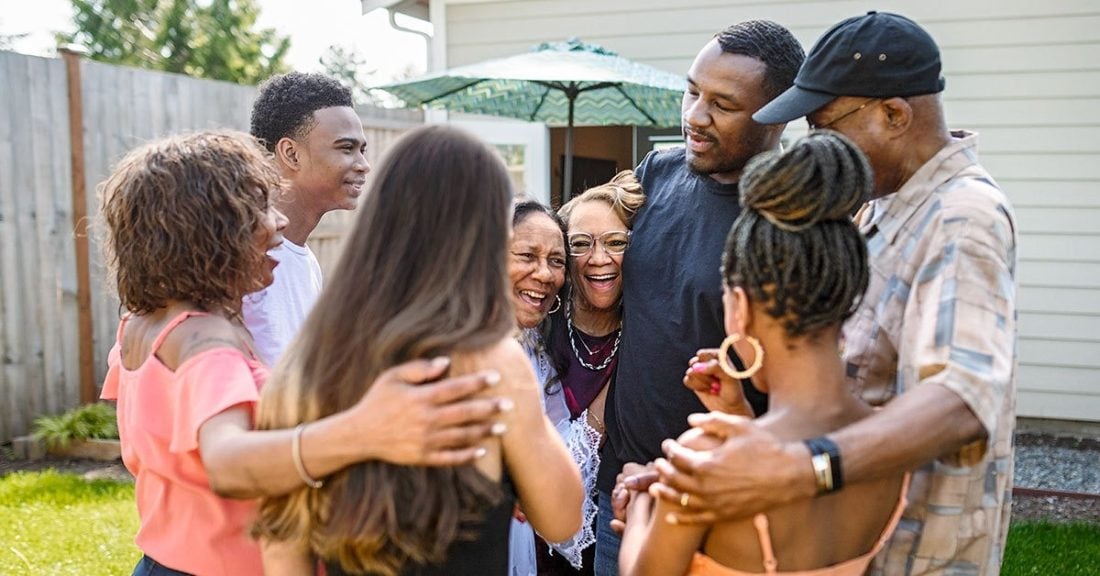New Guide: Family-Engaged Case Planning for Youth on Probation

To improve the odds of young people succeeding on juvenile probation and beyond, the Annie E. Casey Foundation has released a practice guide that helps juvenile justice agencies institute family-engaged case planning.
Go to the practice guide on family-engaged case planning
Under this new model, probation officers formulate case plans through a collaborative process with young people and their families. Family-engaged case planning and the Foundation’s larger vision for transforming juvenile probation are both necessary to align probation with powerful evidence on adolescent brain development, adolescent behavior and what works in addressing delinquent conduct.
Family-Engaged Case Planning
Family-engaged case planning is a new model for the initial stage of the juvenile probation process. Under the model, a probation officer conducts early and intensive activities to build relationships with the young person on probation and the family members and other supportive adults in that youth’s life. When agencies successfully implement the model, probation officers shift from operating as “fixers” of delinquent youth to experts on youth development. In this new role, the officers work in partnership with young people, families and communities to help the youth succeed.
Family-engaged case planning is a major departure from the status quo in probation practice. Most jurisdictions lean on court-ordered conditions reiterated in a case planning document and many overlook both the interests and strengths of youth and the wishes of families.
“Of all the elements in the Casey Foundation’s vision for probation transformation, the family-engaged case planning model offers perhaps the greatest opportunity for near-term improvements,” says Steve Bishop, associate director for probation and system transformation at the Foundation. “When adopted effectively, it ensures that probation officers’ focus will be on relationship building, family engagement and youth development — things that strengthen the circles of care that are necessary to hold youth accountable and support their long-term success.”
Why Is Family Engagement So Important?
A wide variety of family-focused intervention strategies have proven effective in stemming delinquent conduct. Strengthening probation’s role in partnering with parents and other family members is critical since these individuals have a substantial and lasting influence on a young person’s life.
View the Foundation’s family engagement guidance framework
Justice for Families, an organization made up of and led by family members of youth involved in the justice system, describes family engagement as “a meaningful partnership with families and youth at every level of the agency and system…[where] families are truly valued, and when they are appreciated as experts and critical stakeholders in the shaping of positive outcomes.”
Practice Guide Contents
The new guide, which is based on the early adoption of family-engaged case planning by New York City and other jurisdictions, has four main sections.
It opens with a summary of the Foundation’s vision for transforming juvenile probation and highlights the relationship between case planning reforms and other elements of the probation transformation agenda. Section two explains the importance of supporting probation agencies in partnering with families. Section three presents the core elements of the family-engaged case planning model. And the fourth and final section identifies how to adapt the model to the unique culture and customs of a local jurisdiction.
“Implementing family-engaged case planning and pursuing the larger probation transformation agenda requires hard work and a deep commitment to inclusive and culturally responsive practices,” Bishop says. “These changes are necessary for any jurisdiction seeking to follow the evidence and achieve the best outcomes for young people, their families and communities.”
Read more about Casey’s vision for transforming juvenile probation
Learn about a tool for jurisdictions to assess readiness for probation transformation





